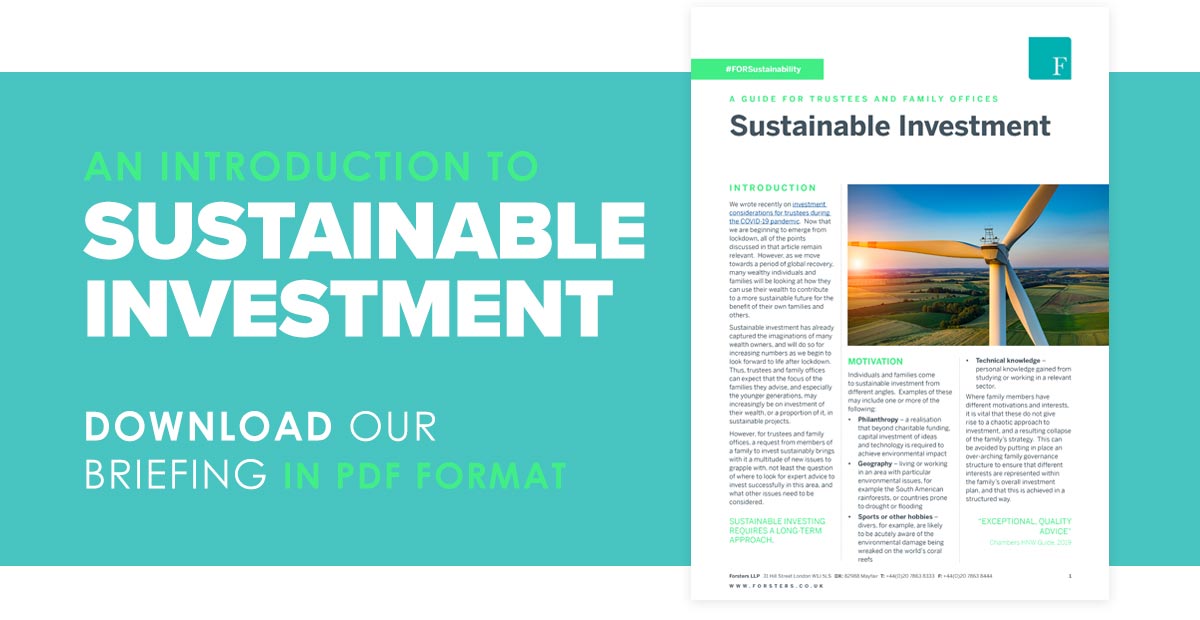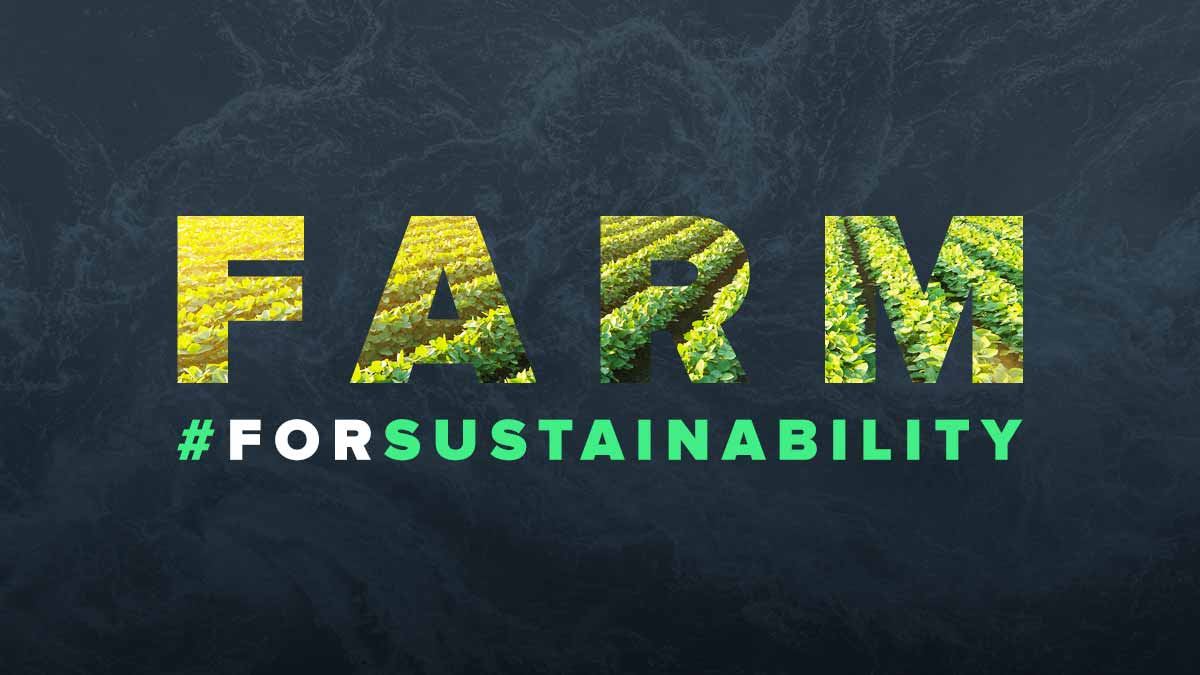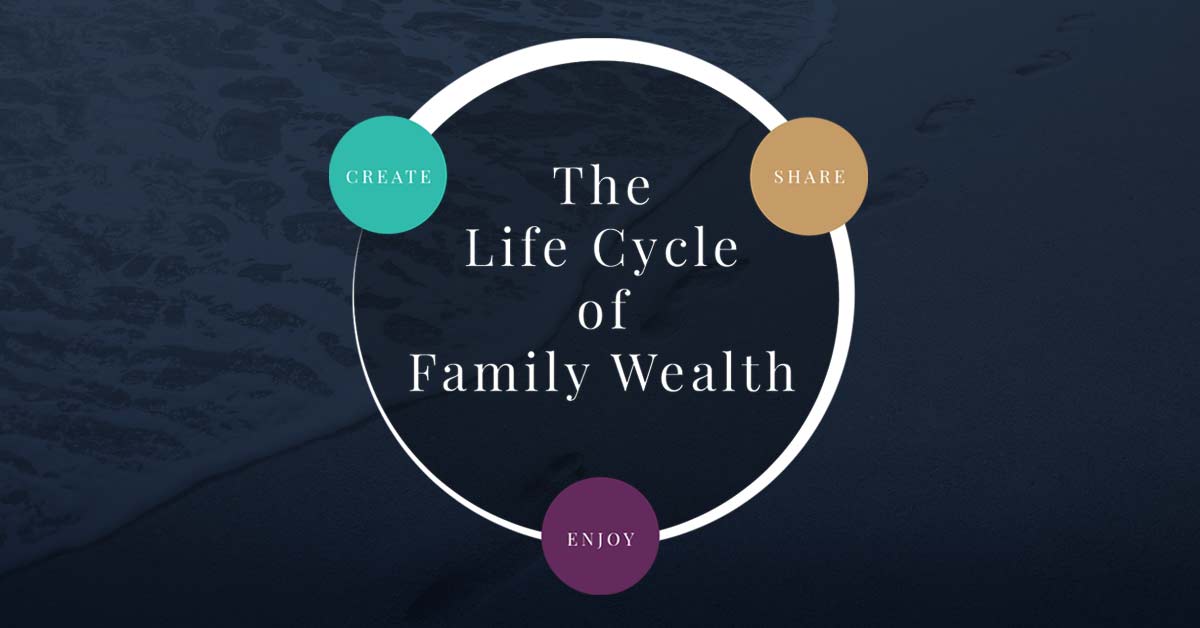Sustainable Investments – a guide for trustees and family offices
As we move towards a period of global recovery, many wealthy individuals and families will be looking at how they can use their wealth to contribute to a more sustainable future for the benefit of their own families and others.
Sustainable investment has already captured the imaginations of many wealth owners, and will do so for increasing numbers as we begin to look forward to life after lockdown. Thus, trustees and family offices can expect that the focus of the families they advise, and especially the younger generations, may increasingly be on investment of their wealth, or a proportion of it, in sustainable projects.
However, for trustees and family offices, a request from members of a family to invest sustainably brings with it a multitude of new issues to grapple with, not least the question of where to look for expert advice to invest successfully in this area, and what other issues need to be considered.
Sustainable investing requires a long-term approach.
Motivation
Individuals and families come to sustainable investment from different angles. Examples of these may include
- Philanthropy – a realisation that beyond charitable funding, capital investment of ideas and technology is required to achieve environmental impact
- Geography – living or working in an area with particular environmental issues, for example the South American rainforests, or countries prone to drought or flooding
- Sports or other hobbies – divers, for example, are likely to be acutely aware of the environmental damage being wreaked on the world’s coral reefs
- Technical knowledge – personal knowledge gained from studying
Where family members have different motivations and interests, it is vital that these do not give rise to a chaotic approach to investment, and a resulting collapse of the family’s strategy. This can be avoided by putting in place an over-arching family governance structure to ensure that different interests are represented within the family’s overall investment plan, and that this is achieved in a structured way.
Starting a sustainable investment fund
Family Strategy
When establishing a sustainable investment fund, the first thing to consider is the appropriate strategy for the family. This could be one of the following:
- Incorporating sustainable investment requirements into an existing investment portfolio through screening, using a set of criteria based on an investors’ values or preferences to determine eligibility for investment, and other processes
- Active ownership or stewardship – engaging business owners and leaders in discussions regarding their environmental stewardship, or voting on specific issues in order to direct the focus of the businesses towards sustainability
- Direct investment – investing directly in businesses focussed on sustainable activities in which the family are interested. Following COVID-19, there is likely to be an increasing focus globally on areas such as renewable energy, sustainable transport, and bio-diversity in an effort to maintain the low level of global carbon emissions experienced during lockdown.
Long-term approach
Sustainable investing requires a long-term approach. This is exemplified by the clean technology, or “cleantech” sector. This area of investment took off in the mid-2000s as a result of massive investment.
Following the global financial crisis towards the end of the decade, the lengthy development cycle of the sector and other risk factors, including the start of shale oil extraction resulted in poor returns when measured against other investments.
Subsequently, however, the area rebounded significantly, among other things as a result of more cautious investment, better hardware and software solutions and, if a post-Coronavirus “green recovery” takes place as hoped, this sector should continue to see significant returns.
Collaborative initiatives
In order to leverage the experience and expertise of others, it may be valuable to join an existing investor network focussing on sustainable investment, such as the Green Angel Syndicate or ClearlySo in the UK, or the CREO Syndicate or CERES Investor Network in the US. Such initiatives provide a forum to share lessons learned and different investment strategies, and to collaborate to advance sustainable investment practices and policy solutions.
As groups of investors, they are able to use their financial strength to influence the direction of travel of companies and regulators towards a more sustainable approach.
Sustainable investment checklist
In order to assist trustees and family offices considering a sustainable investment strategy, or auditing an existing portfolio, we have prepared a checklist of a few specific issues to consider in addition to the general investment considerations in our earlier checklist. These are, as follows:
Starting out
- Investment aims: determine the aims of family members. Is financial return a significant short-term aim, or is the development and success of a technology or project the primary goal?
- Family buy in: establish the views of the entire family, and ensure that there is an agreed investment strategy. This may be enhanced by the introduction of an over-arching family governance structure.
- Ring-fenced investment funds: consider creating a separate fund for funds for sustainable investment projects. Such funds may assist in gauging the success or otherwise of the sustainable investment strategy.
- Long term ethos: ensure that the family understands that sustainable investment is a long-term strategy.
Taking advice
- Technical advice – seek advice from experts in the specific fields in which the family wish to invest.
- Investment management – seek advice from an investment manager with a proven track record in sustainable investment.
- Legal advice – seek advice to ensure that all necessary powers and protections are in place in the trust deed or other governing documents to enable the proposed sustainable investment strategy, and on relevant regulatory and tax issues. Importantly, trustees must seek advice to ensure that any proposed sustainable trustee investment strategy does not contravene their fiduciary duties, particularly in relation to maximising financial returns for the beneficiaries.
Potential risk
- Excluding liability – in addition to standard provisions excluding liability, trustees or family offices should ensure that they are protected against losses resulting from new and potentially speculative investment strategies.
- Records – in addition to records of all deliberations and decisions with regard to proposed investment, discussions with family members and external advisers should also be recorded. This is especially important where family members have different attitudes to the benefits of sustainable investment.
For advice on any of the points above, please contact Catharine Bell or Charlotte Evans-Tipping of our Private Client team, or your usual Forsters contact.
Catharine Bell and Charlotte Evans-Tipping write for Campden FB on sustainable investments
Private Client Partner, Catharine Bell, and Senior Associate, Charlotte Evans-Tipping’s article entitled ‘Sustainable investing in the private wealth sphere: how can fiduciaries balance the risks with the rewards?’ was published in Campden FB.
Sustainability and the future of farming
The impact of the global response to coronavirus on farming has added another angle to the already complicated debate around the future of farming in the UK.
The Life Cycle of Family Wealth
From growing a business to starting a family or handing over control of that business to the next generation, every individual has their own goals to aspire to. Our Private Wealth lawyers advise our clients throughout this family life cycle, providing the legal advice required for specific transactions such as purchasing a home or selling a business, whilst also advising on the long-term opportunities for succession and estate planning.




